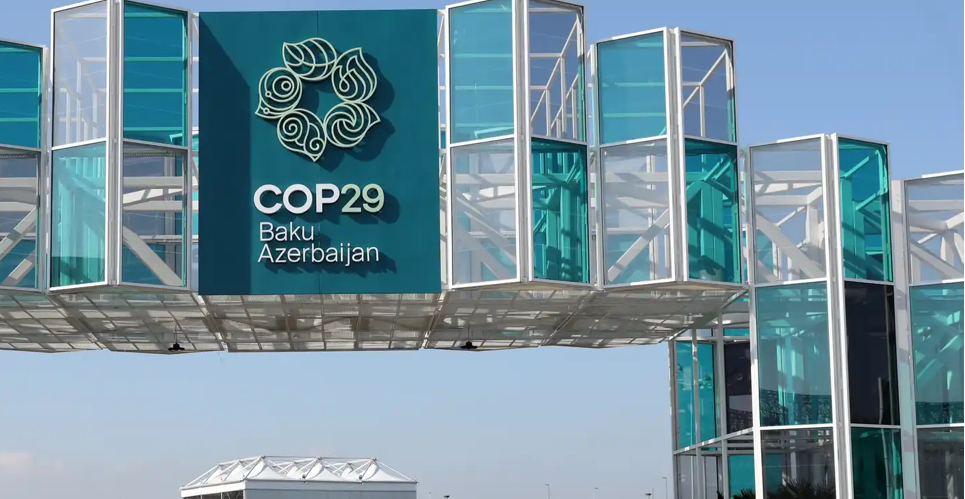UN Climate Summit Urges Private Sector to Boost Climate Finance Amid Global Tensions

Baku— At the UN’s Cop29 climate summit in Baku, Azerbaijan, the host nation’s environment minister, Mukhtar Babayev, issued a clear call for private sector investment to help developing countries transition to low-carbon economies. Writing in The Guardian, Babayev emphasized the urgency of mobilizing private finance, warning that without this support, achieving climate goals would be impossible. He argued that relying solely on government funding is no longer sufficient, stating, “Without the private sector, there is no climate solution. The world needs more funds and it needs them faster.”
Nearly 200 countries’ representatives are gathered in Baku to discuss a new framework for climate finance, particularly for developing countries that require significant support to reduce emissions and adapt to worsening extreme weather. Currently, climate finance for these nations is around $100 billion annually, but developing countries are advocating for a tenfold increase to $1 trillion by 2035.
The summit’s atmosphere is tense due to the re-election of Donald Trump in the U.S., who has pledged to withdraw the country from the Paris climate agreement. This move could weaken global commitments to emissions reduction and make meeting climate finance goals more challenging. Without the U.S., developed nations may struggle to meet targets, potentially shifting the burden to the private sector to meet the ambitious $1 trillion goal.
However, an increased role for private finance is controversial. Private funding often involves loans, raising concerns about increasing the debt burden of developing nations. Christian Aid’s Mariana Paoli expressed skepticism, asserting that private finance is driven by profit and can exacerbate debt, whereas government grants offer a more effective means of support.
While many developing countries acknowledge the need for private finance, they stress that public funds from developed countries must remain central. A representative from the Alliance of Small Island States highlighted the importance of public finance, supplemented by private funding through strategic interventions.
UN climate chief Simon Stiell also weighed in, noting that inflation and economic instability are directly tied to continued fossil fuel dependency. He emphasized that climate finance is not charity but a global necessity, warning that failure to act swiftly could destabilize the global economy.



















Facebook Comments